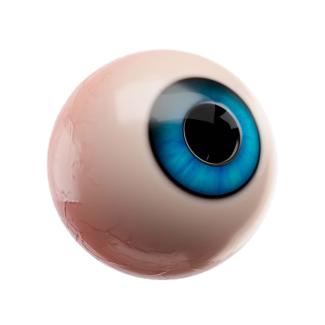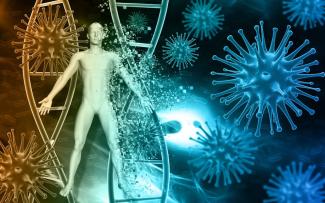
Dry or oily hair can be indicative of various underlying issues, including nutrient deficiencies. Here's how nutrient deficiencies can contribute to dry or oily hair:
1. Dry Hair Due to Nutrient Deficiencies:
- Biotin (Vitamin H) Deficiency: Biotin is essential for maintaining healthy hair. A lack of biotin can lead to dry, brittle hair.
- Niacin (Vitamin B3) Deficiency: Niacin plays a role in hair health, and its deficiency can result in dry and brittle hair.
- Omega-3 Fatty Acids Deficiency: Omega-3 fatty acids help keep hair well-hydrated. A deficiency in these fatty acids can lead to dry, lackluster hair.
- Protein Deficiency: Hair is primarily composed of a protein called keratin. Insufficient protein intake can result in weak and dry hair.
- Iron Deficiency: Iron is essential for transporting oxygen to hair follicles. Iron deficiency can lead to hair thinning and dryness.
2. Oily Hair Due to Nutrient Deficiencies:
- Zinc Deficiency: Zinc helps regulate sebum (oil) production in the scalp. A lack of zinc can contribute to excessive oiliness.
- Vitamin A Imbalance: Both a deficiency and an excess of vitamin A can disrupt the balance of sebaceous glands, leading to oily hair.
- Vitamin D Deficiency: Vitamin D is involved in skin health, and its deficiency has been linked to skin conditions that can result in oily hair.
- Omega-3 Fatty Acids Deficiency: Omega-3s help regulate sebum production and can play a role in controlling oiliness.
- B Vitamin Deficiencies: Various B vitamins, including B2 (riboflavin) and B6 (pyridoxine), are important for maintaining a healthy scalp and regulating sebum production.
- Water Intake: Dehydration can stimulate the sebaceous glands to produce more oil, leading to oily hair.
It's essential to maintain a balanced diet rich in these nutrients to promote healthy hair. If you suspect nutrient deficiencies may be contributing to your hair issues, consult with a healthcare professional or a registered dietitian. They can help you identify any deficiencies through blood tests and provide dietary guidance or recommend supplements if needed. Proper hair care, including using suitable hair products and avoiding excessive heat and chemical treatments, is also crucial for maintaining healthy hair.






